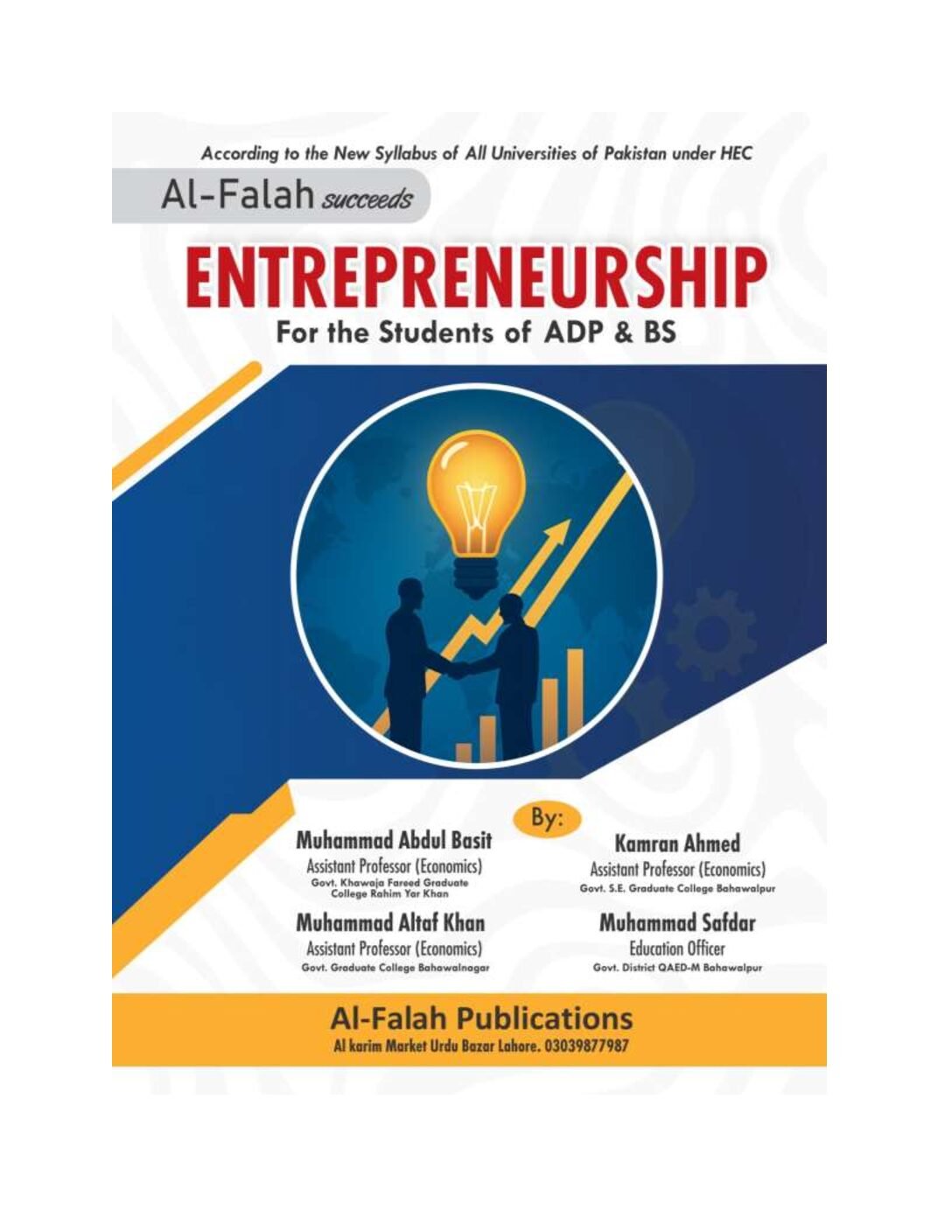
In our digital era, some people wonder if handwriting is still a useful skill that should be taught in schools. It can be time-consuming for students to learn, and many adults will tell you that it’s not something they use in their modern-day jobs, which tend to rely on computers and touch screens.
There are still many benefits to learning print and cursive writing, though. Research shows, for example, that children who master the art of writing their letters by hand early have better word recognition and reading comprehension skills.
Related: Do You Need College Education to Be Successful?
It’s also important to remember that there are access issues associated with leaving handwriting curriculum out of the classroom. Not all students have computers at home, and not all schools have a computer or tablet for every student. Therefore, many children still complete homework assignments and tests by hand. Good penmanship remains crucial for doing these tasks in a way that adequately communicates student knowledge.
Even children born today into homes that are almost exclusively digital may wish to study subjects where it’s necessary to use handwritten artifacts as part of their research. Handwriting is an important part of human history; in fact, writing itself is commonly what differentiates prehistoric times from the historic era. By comparison, people have only used type for a relatively small period of time.
Related: 3 Strategies for Early Learning Education
When schools include handwriting instruction, students learn patience and perseverance, skills that transfer well to other subjects. Outside of an academic environment, children who know how to write can pen thank-you notes, personal letters, and colorful cards for family members and friends, who will likely find these more heartwarming than a typed e-mail.
As adults, people use handwriting when filling out forms, signing legal documents, and more. In other words, handwriting is still an essential skill, so there are many benefits to learning it while you’re young.











